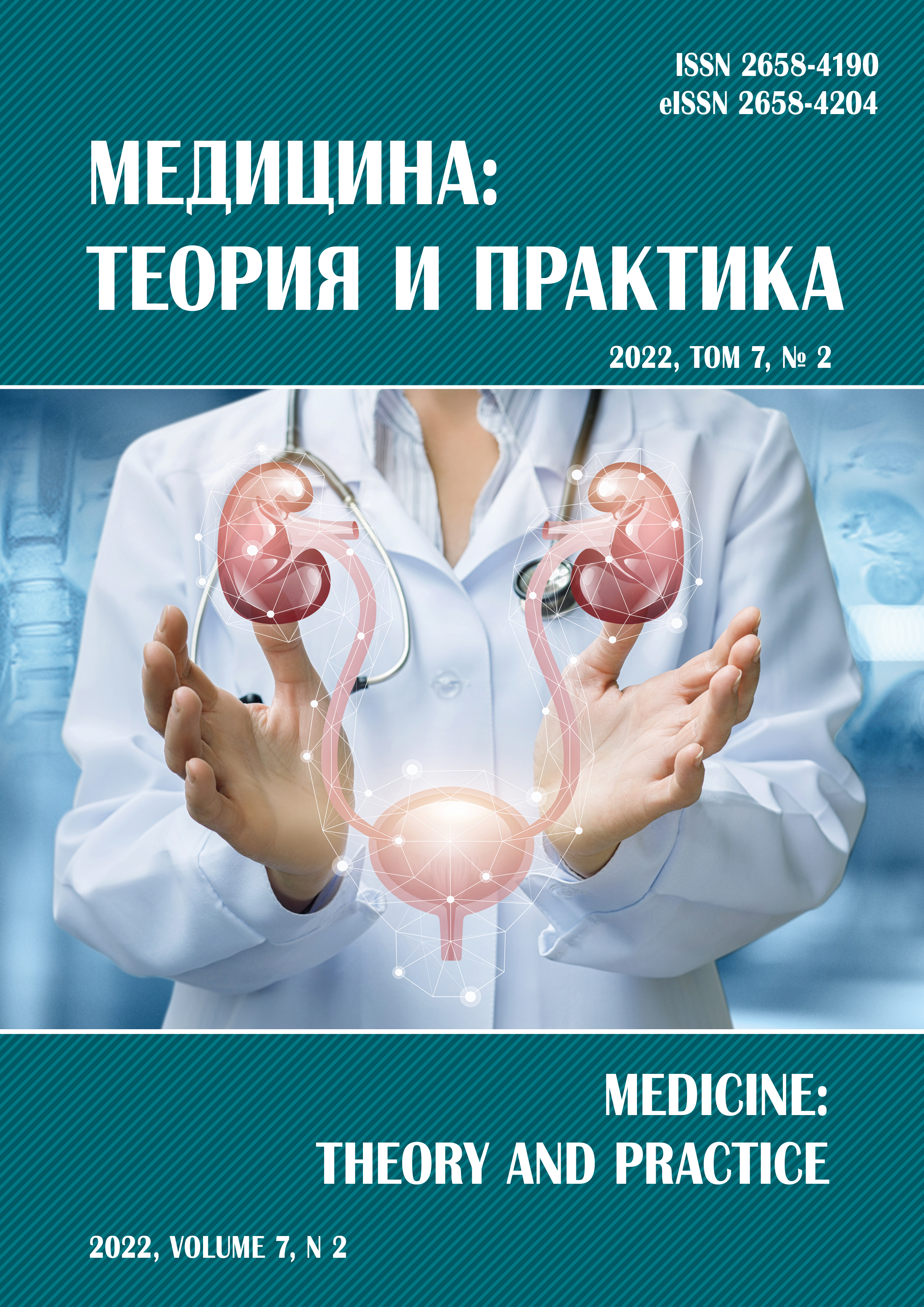IRON DEFICIENCY AND GUT MICROBIOTA
Abstract
The article discusses topical issues of the interaction of iron in the human body and the intestinal microbiota. Iron is necessary for both survival and reproduction of almost all bacteria. Therefore, the amount of iron entering the intestine can regulate the population of bacteria in the colon. It has been established that with a decrease in iron levels, intestinal infections may occur due to negative effects on the composition of the intestinal microbiota. Excess iron also negatively affects the state of the gut microbiota. there is a decrease in the amount of Bifidobacteria, an increase in Enterobacteriaceae and some specific enteropathogens (for example, pathogenic Escherichia coli), as well as an increase in the level of calprotectin in feces, which indicates intestinal inflammation. Therefore, both iron deficiency and excess are important from the point of view of the possible formation of colon dysbiosis, as well as the occurrence and development of inflammation and an increased risk of colorectal cancer. Besides, the microbiota of the colon is actively involved in the process of iron assimilation, and its disorders can cause the formation of iron deficiency. It has been shown that low iron levels correlate with low levels of lactobacilli in feces. This may be due to the fact that lactic acid produced by lactobacilli increases the bioavailability of iron with food. The use of probiotics based on lactobacilli can act as a clinical tool to optimize the bioavailability of iron. The article presents the results of separate studies on the efficacy and safety of probiotics, prebiotics and synbiotics in the correction of various iron deficiency conditions.



